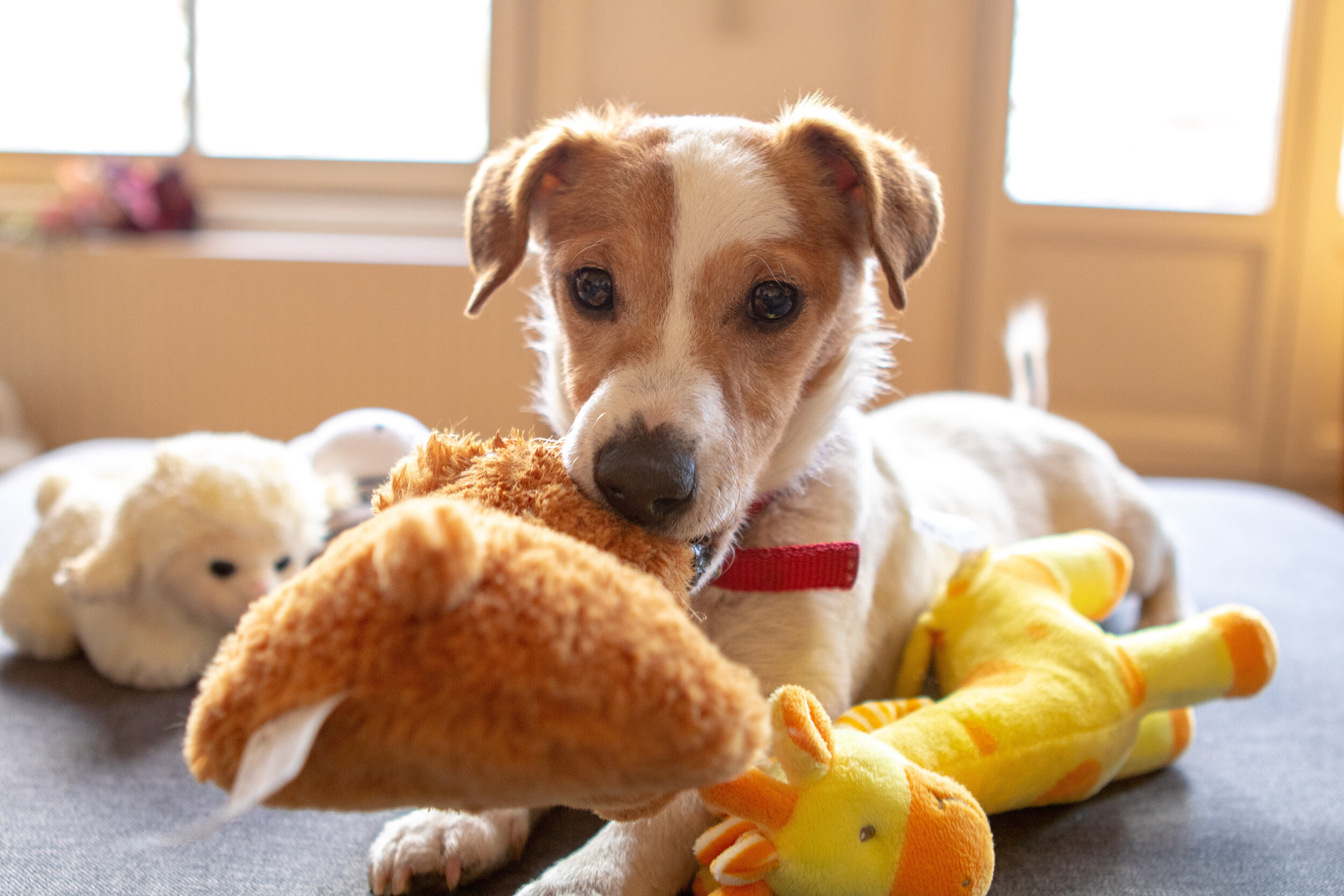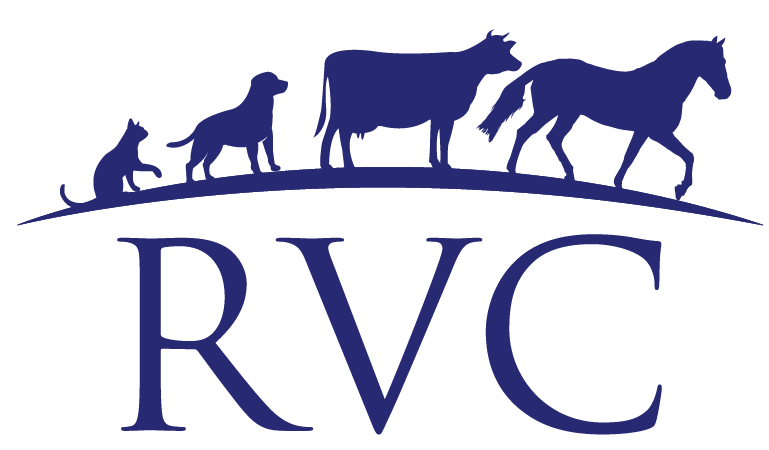
Vaccination is key
There are several preventable, infectious diseases which have the ability to make your beloved pet very sick or even kill. Prevention is possible with regular vaccinations. Your vet is the best person to advise you about your pet's vaccination and health requirements as it may vary, depending on their age, where you live and the health and lifestyle of your pet.
Vaccinating your Dog
Diseases covered by vaccination in NZ include:
Parvovirus
Distemper
Infectious Canine Hepatitis
Leptospirosis
Canine Cough (previously Kennel Cough).
Parvovirus and Canine Cough are the diseases kiwi dogs particularly need protection against.
The first vaccination of a puppy can be administered as early as 6 weeks of age if considered at high-risk, but are normally given at 8, 12 and 16 weeks of age. These early vaccinations are particularly important for the prevention of Parvovirus and Canine Cough. After this, your dog will need to be vaccinated annually.
Your dog will need to be fully protected (at least 10 days) prior to going into a boarding kennel and will require a vaccination certificate. Note: some boarding kennels require a Canine Cough vaccine to be given within 6 months prior to boarding, as protection does wane over 12 months.
Vaccinating your Cat
Cats in NZ are vaccinated against the very common FLU viruses, as well as the nasty, often fatal, Feline Enteritis virus.
In addition, cats can be protected against FIV (Feline Immunodeficiency Virus). This virus is contracted when your cat is bitten by an infected cat so any cat with access to the outdoors is at risk.
Kittens are vaccinated at 8, 10, and 12 weeks of age, followed by a booster at 6 months. For most cats, this will be at their desexing post-op check, if your kitten was desexed earlier, please contact your vet for their recommendation. After this booster, vaccination is required annually.
The benefits of vaccinating your precious pet far outweigh any risks!
WATCH: What happens when your dog comes in for a health check? Follow Sarge as he visits our clinic, see what happens when a dog comes in for a health check.
WATCH: What happens when your cat comes in for a health check? Follow Tina the kitten as she visits our clinic, see what happens when a cat comes in for a health check.
Cats require respectful and appropriate gentleness when being handled. Our Rangiora Branch is a ISFM Gold Cat Friendly clinic, which means cat friendly principles are always adhered to during the care and restraint of cats.
After Vaccination
Usually, pets show very little reaction to vaccination. Occasionally they may become a little ”off-colour” or have some tenderness/swelling at the vaccination site.
Dogs receiving an intranasal Canine Cough vaccine may sneeze occasionally for a few days after the vaccine.
Allergic reactions are extremely rare.



